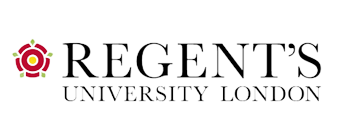Course Starts In Jan 2023 and April 2023.
This course offers a solid grounding in psychotherapy and counselling theory and skills. It combines academic, practical and experiential components within a supportive and challenging environment.
You will build your understanding of a range of psychotherapy and counselling theories, with a focus on existential, psychodynamic and humanistic integrative perspectives, as well as cognitive behavioural approaches.
You will explore the practical and ethical issues of working with clients in a variety of situations, and develop essential communication and counselling skills. You will learn to apply academic theory through skills practice sessions and group work.
The course will encourage you to examine your beliefs, assumptions and prejudices and develop your capacity to reflect on your own interpersonal and emotional processes, patterns and experiences.
As well as providing a solid background for those wishing to apply for further professional training, the course offers those who already work in the helping professions the opportunity to develop their interpersonal skills.














